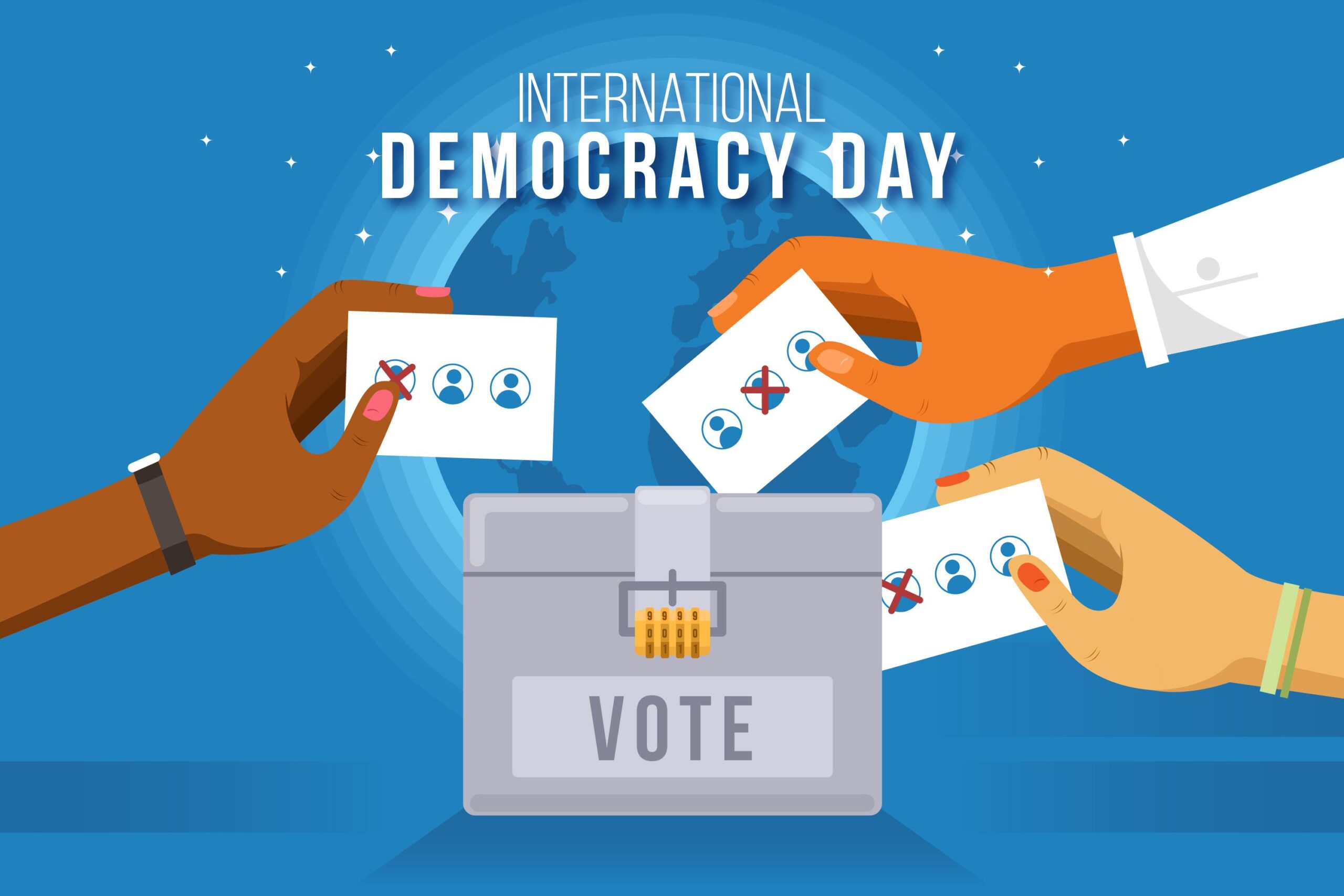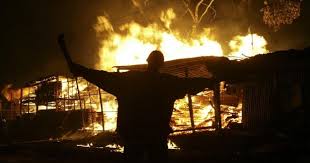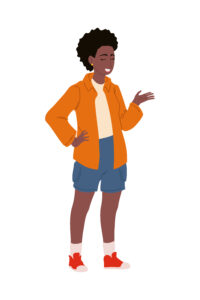By Alex Maina
For as long as Lexie could remember, the town hall stood tall in the center of the village. It looked powerful. People said that’s where all big decisions were made. But the doors were always closed. Villagers waited outside, hoping someone inside would speak for them. Most times, no one did.
Lexie, now 46, had seen this for too long. Her cousin Daniel, 38 years old, who used a wheelchair, had tried many times to attend meetings. But every time, he was told, “There’s no ramp,” or “There’s no space.” He had great ideas. But no one listened simply because he was disabled. Even when others tried to speak up, it was risky. People were afraid. Everyone remembered Amina, a 34-year-old teacher who raised questions about missing funds. The next morning, she disappeared. No one saw her again.
Some who spoke out received calls in the night. Others found strangers following them. One youth, Brian, a 21-year-old, posted a video online calling for fairness and days later, he received a warning note at his doorstep. “Stay quiet, or else.”
Still, people had had enough.
One morning, the old town hall began to crack. Its doors finally fell. Leaders were shocked. “Where will we meet now?” they asked. “Who will decide for the people?” Lexie stood beside the ruins and said, “This time, we all decide together.”
People gathered.
Fatuma, 19 years old, brought her friends. Mzee Obilo, 72 years old, walked slowly but firmly with his walking stick. Irene, 31 years old, with her baby on her back. Daniel rolled in with pride, finally welcomed. They formed a circle. No stage. No titles. Just truth.
Stacie, 22 years old, opened her phone and livestreamed the meeting on Facebook. She also shared her video on TikTok and got the conversation about the community going. Kevin, 25 years, created a WhatsApp group called” The People’s Voices”. Lexie posted and shared on X (formerly Twitter):
“The hall is gone. What change must be brought to us as a community for us to have a better tomorrow? Reply with your name and age. Your voice matters.”
Replies came in hot and fast. These are what the villagers had to say:
Emil, 27 years old: “We need security in our homes. Thefts have increased in the area.”
Joseph, 64 years old: “Fix the broken bridge near my farm.”
Emily, 28 years old: “People with disabilities must be included in all plans.”
Brian, 21 years old: “We need jobs. Give the youth hope again.”
Mama Akinyi, 58 years old: “Let women speak without being shut down.”
Some were scared, but they still spoke. They used their real names. They refused to hide anymore.
Yes, threats came but so did support. And with every new voice, the fear lost its power. When the other leaders returned, they didn’t find silence. They found strong people. And this time, they had to listen. From that day, the village began to change.
Lexie kept organizing. Daniel kept speaking. And the community kept rising because when they came together, great things happened.
Even in the face of fear, they chose hope.
Even in the shadow of threats, they chose light.
In a twisted world, they chose to stand tall for democracy, for inclusion, and for one another.






